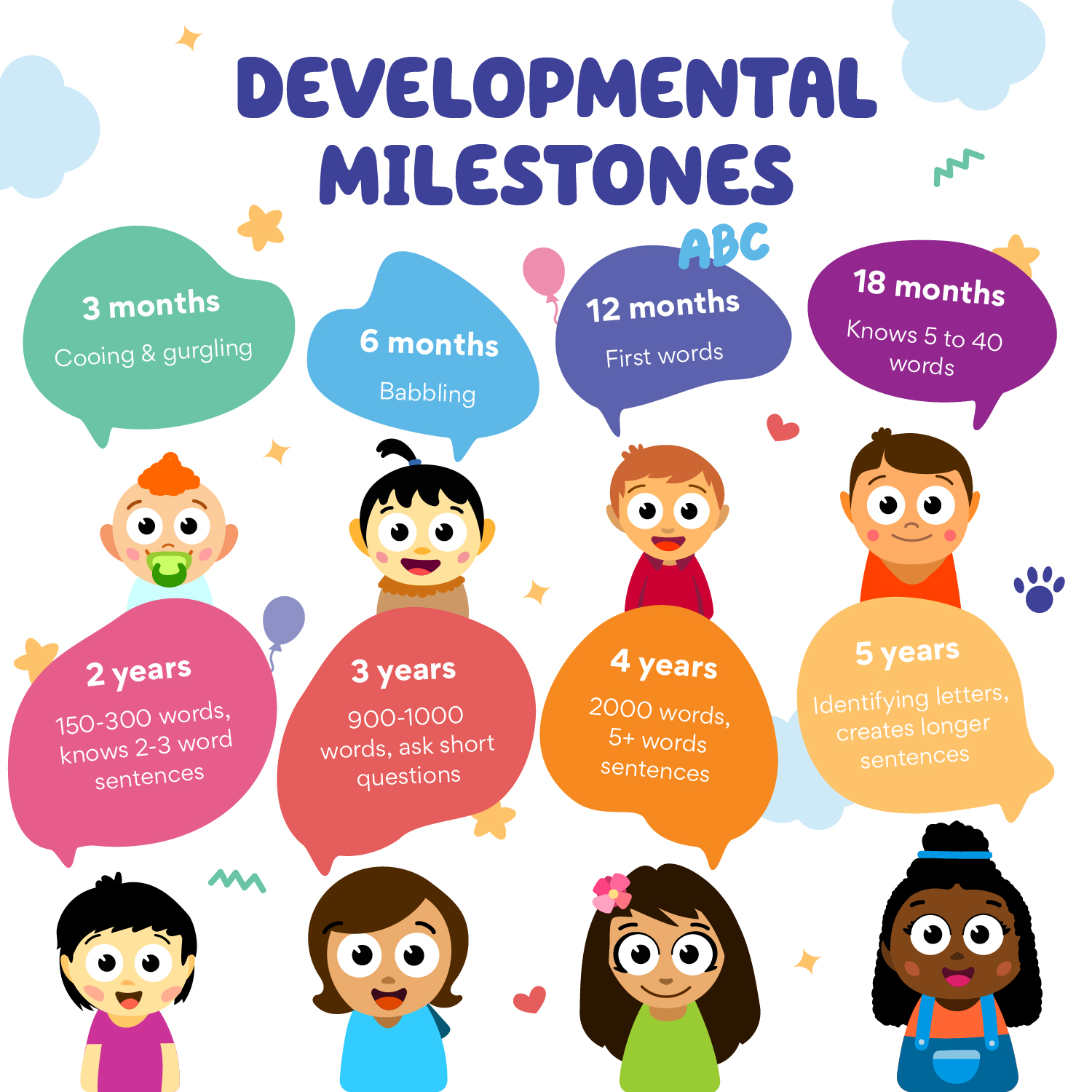Language Development Starts in the Womb
Research has shown that children at around 8 months gestation can begin to distinguish between English and Japanese!
Using non-invasive sensing technology from the University of Kansas Medical Center for the first time for this purpose, a group of researchers from KU's Department of Linguistics has shown this in-utero language discrimination. Their study published in the journal NeuroReport has implications for fetal research in other fields, the lead author says.

Based on these findings, scientists believe that language development and understanding can happen a few days after birth. "Babies a few days old have been shown to be sensitive to the rhythmic differences between languages. Previous studies have demonstrated this by measuring changes in babies' behavior; for example, by measuring whether babies change the rate of sucking on a pacifier when the speech changes from one language to a different language with different rhythmic properties”, the leading researcher from KU’s Department of Linguistics.
There had been previous studies completed that looked at the same question, but they only used ultrasound technology and not the high tech equipment that University of Kansas Medical Center utilized. The more technologically advanced piece of equipment looks at fetal heart rate, breathing and body movements.
We know that babies know a mother’s heart rate, voice and are soothed by the movements that she makes. Without exposure to sound, the auditory cortex wouldn't get enough stimulation to develop properly. This study gives evidence that some of that development is linked to language.
The study showed that when the baby was exposed to a different language and voice, the fetal heart rates changed when they heard the unfamiliar, rhythmically distinct language (Japanese) after having heard a passage of English speech, while their heart rates did not change when they were presented with a second passage of English instead of a passage in Japanese.

So what does this research tell us about babies and language? These results suggest that language development may indeed start in utero. Fetuses are tuning their ears to the language they are going to acquire even before they are born, based on the language that they are hearing in utero! Pre-natal sensitivity to the rhythmic properties of language may provide children with one of the very first building blocks in acquiring language.
 By Stacie Bennett
By Stacie Bennett